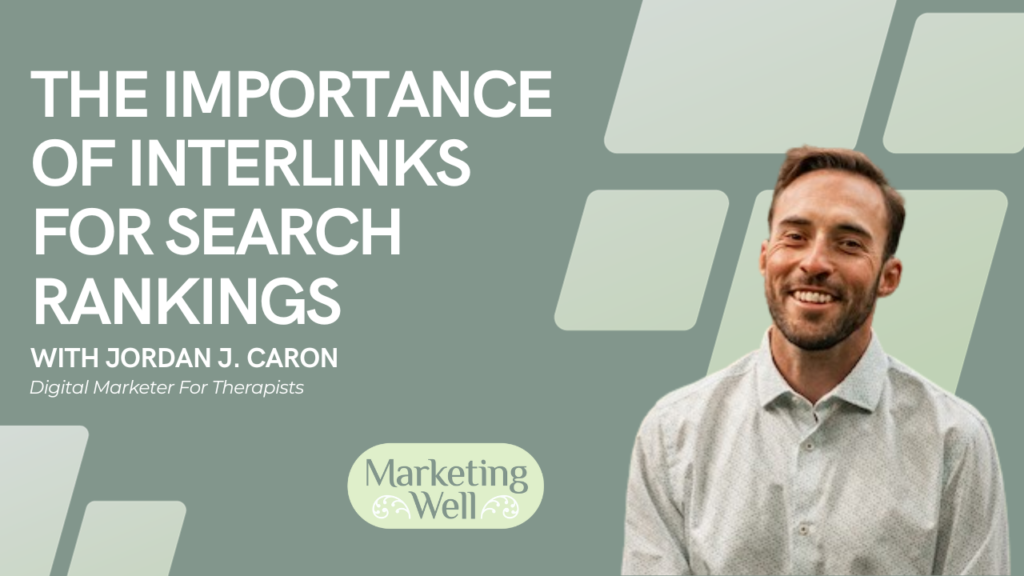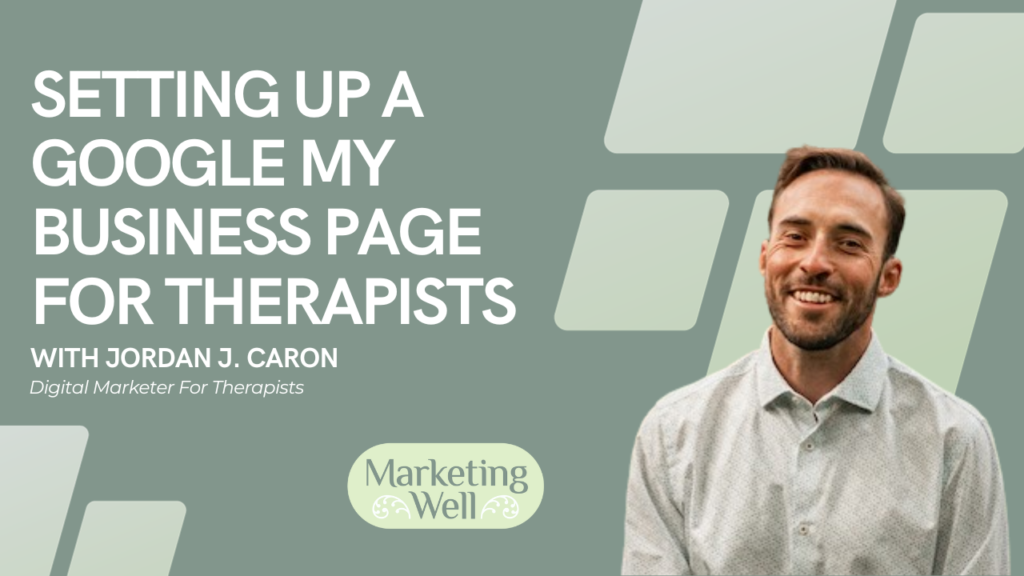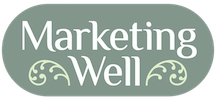In digital marketing, SEO (Search Engine Optimization) remains a critical component for businesses and professionals looking to boost their online visibility. In my recent video blog post on the most important SEO factor for therapists revealed, I discussed a vital SEO strategy for therapists, revealing the importance of optimizing web pages for broader search terms related to counselling and therapy. If you missed that video, watching it before delving into this article is recommended. This article will elucidate the use of anchor text to piggyback off that strategy, ultimately elevating your page search rankings.
Understanding the Power of Anchor Text
Regarding SEO, the term “anchor text” holds immense significance. Anchor text is the clickable text within a hyperlink, guiding users to another web page. The key to optimizing your web pages lies in crafting anchor text that is descriptive and keyword-rich.
To illustrate this concept, let’s take a real-life example from a client in Calgary. In a blog post, they used the sentence: “When it comes to counselling in Calgary, there are numerous benefits to choosing in-person sessions.” The critical aspect here is the anchor text, “Counseling in Calgary.” This anchor text is rich in keywords and directly links to the homepage of the client’s website, which we have optimized for broader search terms like counselling and therapy in Calgary.
Crafting Effective Anchor Text
How can you effectively implement anchor text on your website to enhance SEO rankings? Here are some essential steps:
- Keyword Richness: The anchor text should contain relevant keywords to the page it links to. In my example, “Counseling in Calgary” is keyword-rich and corresponds to the optimized homepage.
- Descriptive: Ensure the anchor text clearly describes the linked page’s content. Avoid vague terms like “click here” or “learn more,” as these don’t offer any insight to search engines or users.
- Diversity: It’s essential to diversify your anchor text. Repeatedly using the exact anchor text can appear spammy. Vary the phrases you use while maintaining their relevance to the linked page.
- Interlinking: Incorporate anchor text links throughout your content, aiming for at least one link every 150 to 200 words. This approach enhances user experience and demonstrates to search engines the interconnectedness of your website.
- Word Count: To ensure your content holds value in the eyes of both users and search engines, aim for blog articles that are at least 600 to 700 words in length. Content below 300 words is often considered “thin” and less valuable.
Incorporating Anchor Text for SEO Success
Now that you understand the significance of anchor text, it’s time to take action. Review your existing content and identify opportunities for interlinking with keyword-rich anchor text. While this process may require some creativity, it’s a critical step in optimizing your website for SEO success.
SEO for therapists remains a dynamic and essential aspect of any digital marketing strategy. By mastering the art of anchor text, you can significantly improve your website’s rankings, driving more organic traffic and increasing your online visibility. Keep in mind the importance of diversity in your anchor text, as well as its descriptive and keyword-rich nature.
My next blog post will explore creating more web pages targeting specific mental health issues and therapy types. Stay tuned for further insights, and subscribe to my YouTube channel and email newsletter for the latest updates in the world of digital marketing for therapists.





Pingback: Crafting Webpages to Tackle Mental Health Issues
Pingback: How to Identify Blog Topics for Therapists - Marketing Well
Pingback: Create Helpful Blogs As Your Blog Strategy - Marketing Well